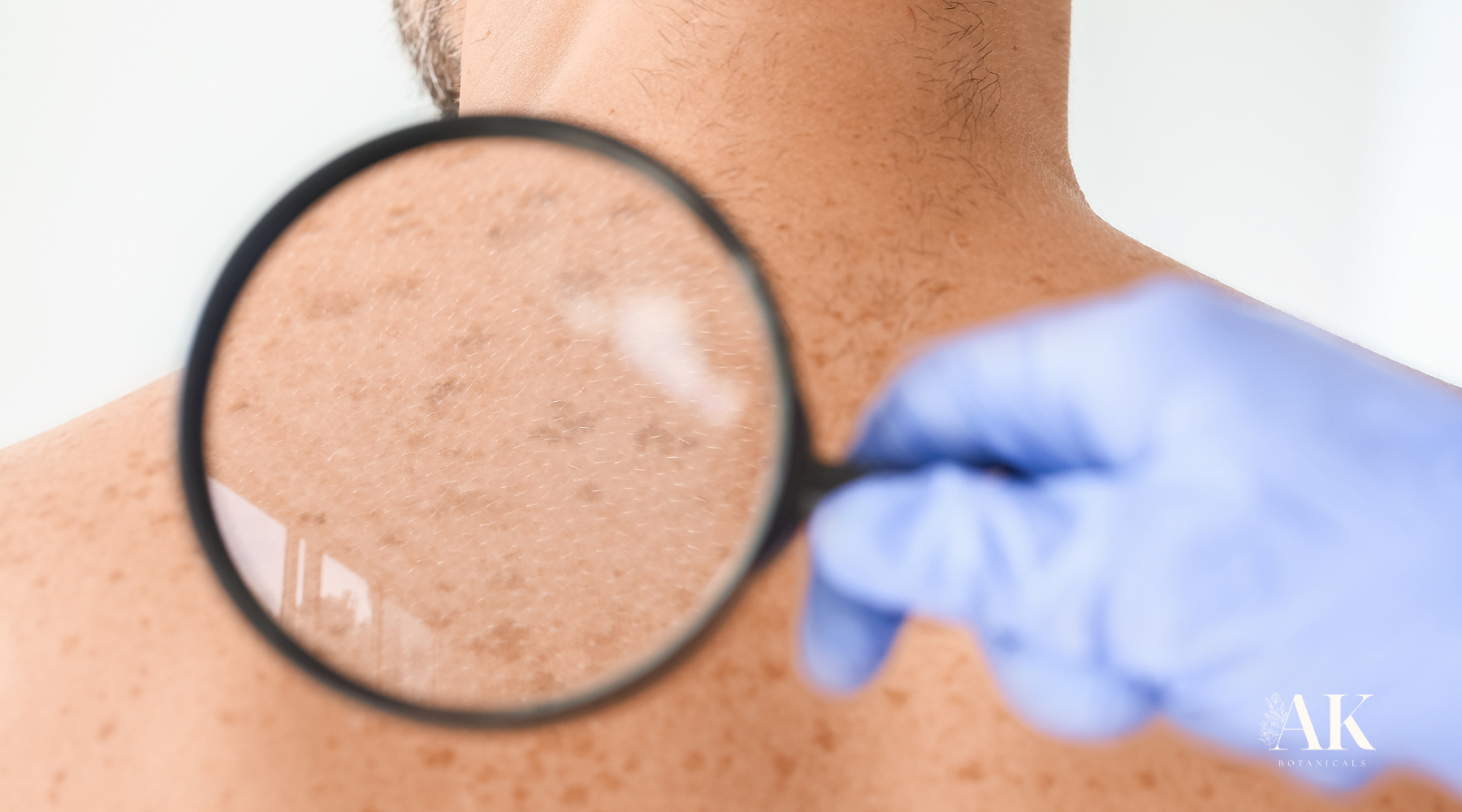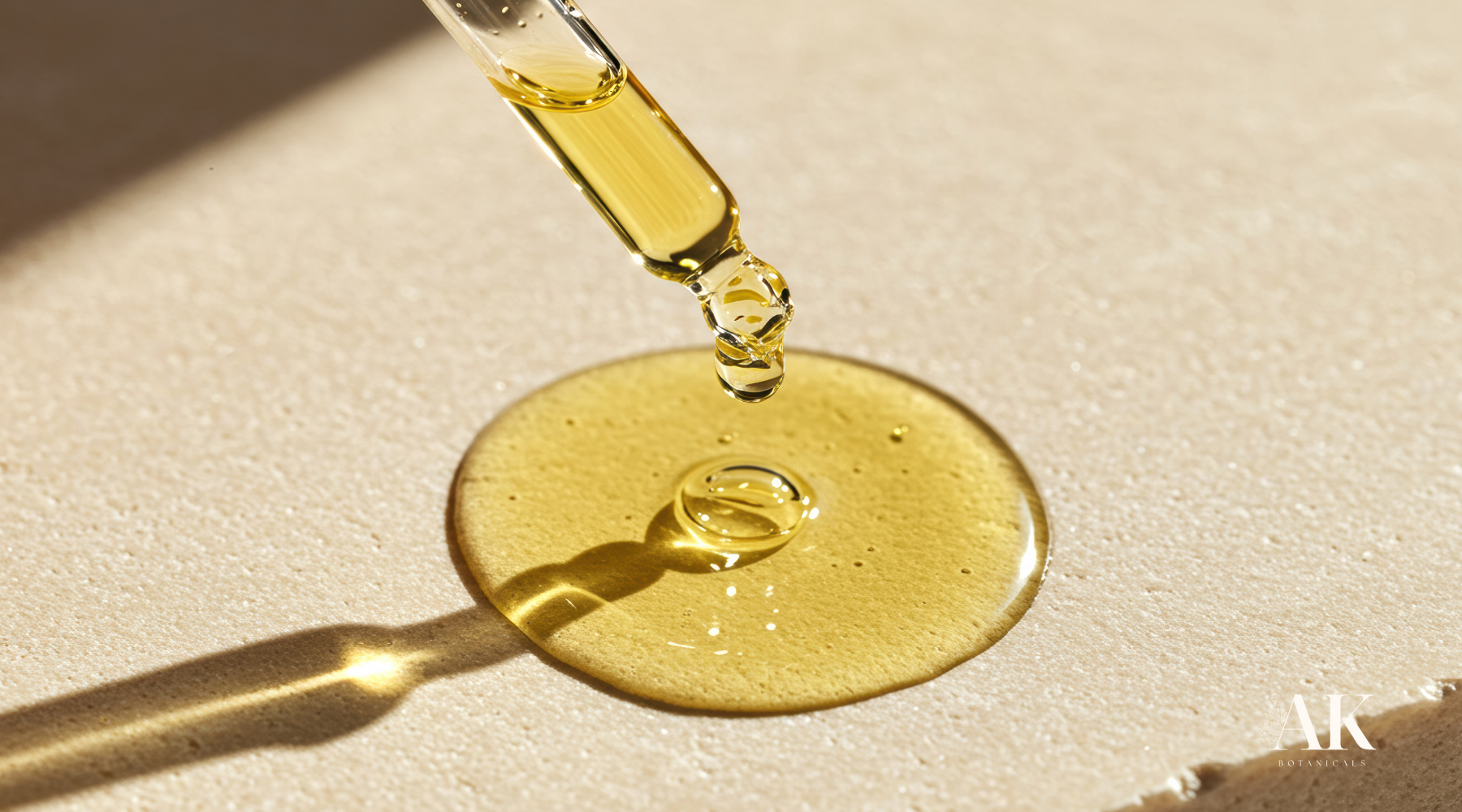
Is Actinic Keratosis Reversible Naturally?
Actinic keratosis (AK) is a skin condition that develops due to prolonged exposure to ultraviolet (UV) light, resulting in rough, scaly patches of skin. It’s important to understand whether actinic keratosis can be reversed naturally, as many people seek alternative remedies alongside traditional treatments. While there is no magic cure, some natural remedies can help manage and potentially reverse early signs of AK when combined with proper skin care and sun protection.
What is Actinic Keratosis?
Actinic keratosis, also known as solar keratosis, is a common skin condition that occurs when the skin cells have been damaged by years of exposure to the sun’s harmful UV rays. This leads to the formation of small, dry, scaly patches on the skin. Although AK is not cancerous, it is considered a precancerous condition, meaning that untreated AK can develop into squamous cell carcinoma, a form of skin cancer.
Understanding the causes and characteristics of actinic keratosis is essential to determine if it can be reversed naturally. If you have signs of AK, it’s important to seek medical advice from a healthcare provider to monitor the condition and prevent complications such as skin cancer.
Is Actinic Keratosis Reversible Naturally?
The question that many people with AK ask is whether actinic keratosis is reversible naturally. While there’s no definitive answer, there are several natural approaches that can help support the skin’s appearance and resilience after sun exposure when combined with proper care and sun protection.
First and foremost, sun protection is critical in managing actinic keratosis. Once you’ve developed AK, further sun exposure can worsen the condition and increase the risk of skin cancer. Using a broad-spectrum sunscreen with an SPF of 30 or higher is the best way to prevent the condition from worsening.
In addition, certain natural remedies can help soothe the skin, reduce irritation, and support overall skin health. Aloe vera, green tea extract, and apple cider vinegar are just a few of the home remedies that might assist in treating the symptoms of AK. However, while these remedies may improve the skin’s appearance and reduce inflammation, it’s important to note that they may not fully reverse the condition. Always consult with a dermatologist to determine the best course of action for your individual case.
Natural Treatment for Actinic Keratosis at Home
While medical treatments like cryotherapy, topical creams, and laser therapy are commonly used for actinic keratosis, many people seek natural treatments to complement these options or manage the condition at home. Using natural remedies can help help soothe the skin, calm visible redness, and support overall skin wellness.
-
Aloe Vera: Known for its soothing and anti-inflammatory properties, aloe vera can help calm irritated skin and promote healing. Applying fresh aloe vera gel directly to the affected area can hydrate and soothe dry, scaly patches of skin.
-
Green Tea Extract: Rich in antioxidants, green tea extract has been shown to protect skin cells from damage caused by UV rays. Drinking green tea or using products containing green tea extract may help prevent further damage and support healthy skin regeneration.
-
Apple Cider Vinegar: Due to its mild acidic properties, apple cider vinegar may help exfoliate the skin and remove dead skin cells. Diluting ACV with water and applying it to the affected areas can help smooth the skin, though it’s important to patch-test first, as ACV may cause irritation for sensitive skin.
-
Antioxidant-Rich Diet: Consuming foods rich in antioxidants, such as berries, leafy greens, and nuts, can support skin health from the inside out. These foods help combat oxidative stress and protect the skin from further damage.
-
AKti-Clear: AKti-Clear™ is a botanically infused skincare solution created to support the appearance and comfort of sun-exposed skin. It is not a medical treatment. It combines a blend of botanicals, including Sanguinaria canadensis (Bloodroot) and Annona muricata (Soursop), known for their anti-inflammatory and antioxidant properties. AKti-Clear™ is designed to soothe and condition sun-exposed skin while supporting its natural renewal process for a healthier appearance.
While these treatments may provide relief and support, they should be used in conjunction with professional care to ensure the best results. Consulting a dermatologist is important, especially if the condition worsens or shows signs of developing into skin cancer.
Actinic Keratosis and Skin Cancer Risk
Actinic keratosis is considered a precursor to skin cancer, specifically squamous cell carcinoma. While most actinic keratosis lesions do not develop into cancer, the risk is still present. Early detection and treatment of AK are crucial to prevent the condition from progressing to skin cancer. (Source: National Library of Medicine)
If you have AK, it’s important to monitor your skin regularly for any changes. If a patch becomes more raised, changes color, or starts to bleed, it’s essential to consult with a healthcare provider as soon as possible. A dermatologist can help assess the risk and determine whether further treatment is needed.
Professional Treatment for Actinic Keratosis
For many people, medical treatment is necessary to manage actinic keratosis. Depending on the severity of the condition, a dermatologist may recommend treatments such as cryotherapy, laser therapy, topical medications, or photodynamic therapy. These treatments target the affected skin cells, either by freezing them, using light to destroy them, or applying topical medications that promote healing.
While natural care can help support skin comfort and appearance at home, it should always complement professional dermatology guidance.
Managing Actinic Keratosis Naturally
While actinic keratosis may not be entirely reversible through natural treatments alone, there are many ways to support your skin’s health and manage the condition. Sun protection is paramount, and natural remedies such as aloe vera, green tea extract, and apple cider vinegar may help soothe and hydrate the skin.
Additionally, incorporating AKti-Clear into your skincare routine can provide extra support in managing AK. Our dermatological skincare solution supports the skin’s natural renewal process and helps maintain after sun exposure.
However, for those who have developed AK, it’s essential to consult with a dermatologist to receive a proper diagnosis and treatment plan. Medical treatments like cryotherapy or topical medications can help remove damaged skin and reduce the risk of developing skin cancer. With a combination of natural care, including products like AKti-Clear, and professional treatment, you can take steps to protect your skin and prevent further complications.
If you are concerned about actinic keratosis or its potential progression to skin cancer, make an appointment with your healthcare provider to discuss the best options for your skin health.
AKti-Clear™ is not a drug and is not intended to diagnose, treat, cure, or prevent any disease, including actinic keratosis or skin cancer.




